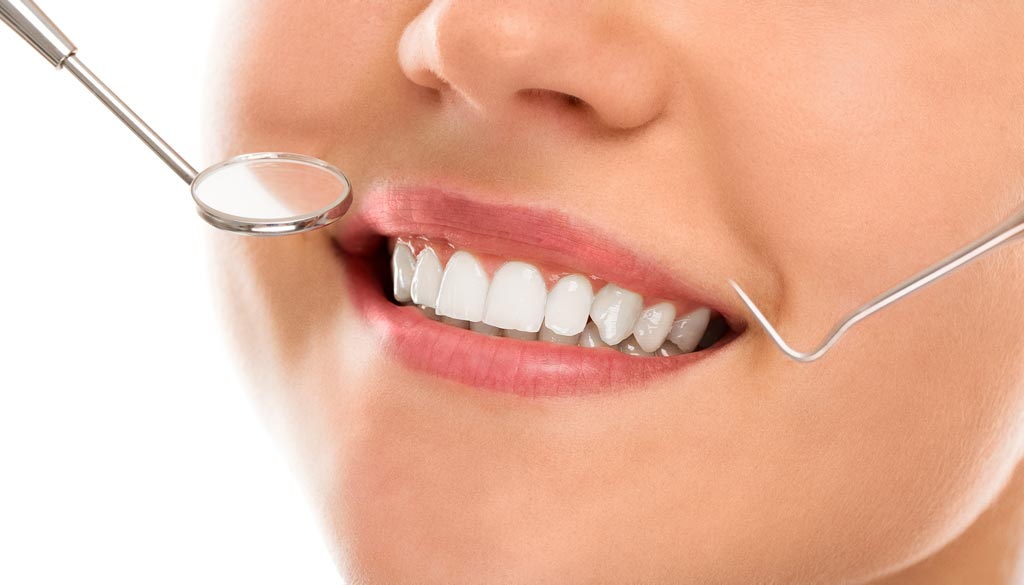Although most people regard saliva as an icky, unclean bodily fluid, it actually plays an important role in oral hygiene, overall health and digestion. We’ve put together some fun facts that might change your opinion about this watery, bodily secretion!
It’s the bloodstream of the mouth
Saliva is 99% water, a bit more than blood, which is around 92% water. When blood circulates throughout the body, it nourishes tissues and bones. When saliva circulates in the mouth and throat, it nourishes tissues, gums, bones and teeth.
Where blood contains antibodies that help fight infection, saliva contains antibodies and compounds that neutralise acids and keeps the mouth clean.
It’s the natural lubricant
A healthy person produces approximately 0.75 to 1.5 litres of saliva every day. During sleep, this drops to nearly 0. Over a year, the amount you produce could fill two whole bathtubs!
It lubricates the mouth, and contains hormones, minerals and enzymes that coat teeth to protect them from bacteria and acids that cause cavities. Salivary mucins, a glycoprotein of mucus, contains natural lubricating elements that help you speak, talk and swallow.
What Reduces Saliva Production?
Low saliva production is correlated with more cavities and other oral health problems.
The following are causes of decreased production:
- Stress
- Dehydration
- Ageing
- Certain medications
- Certain Diseases (such as Alzheimer’s)
- Vigorous exercise and smoking also reduce the level of production.
Fighting Disease and Tooth Decay
Saliva contains proteins that speed up healing in the mouth, by creating a moist environment which stimulates cells that reduce inflammation. It also helps blood to clot, and promotes the growth of skin cells which are also important in the healing process. In addition, it contains opiorphin, a potent pain killer.
Saliva also contains other compounds that neutralise acids and bacteria that cause cavities or allow plaque to develop. It helps to wash away food particles and sugars that can damage teeth, and spreads minerals that protect tooth enamel.
In developed countries, infants are exposed to fewer germs, which some researchers correlate this with higher incidences of asthma and other autoimmune diseases.
It’s well known that germs in a mother can be passed to her baby, and the combination of germs and antibodies can help a baby develop antibodies to protect against diseases. It also helps protect against autoimmune diseases, including asthma.
The First Phase of Digestion
Saliva acts as the first phase of digestion, containing enzymes that start breaking down the food that we eat. The high water content dissolves food so that it can be swallowed, and it also activates the taste buds. Without your saliva, food wouldn’t have any taste!
Each person’s saliva varies slightly in chemical composition, which may explain why foods taste different to different people.
An Overall Health indicator
Saliva may contain germs that indicate disease or poor health. It’s sometimes used to diagnose diseases, including HIV. Researchers are investigating how to use saliva to identify certain types of cancers, hepatitis, heart disease and gum disease.
Chewing Gum Increases Saliva Production
Chewing gum stimulates production, as when you chew, muscles compress the salivary glands, which releases saliva. Studies suggest that greater production helps to protects teeth from decay. If you chew sugar-free gum after eating, the increased production helps keep the pH of the mouth neutral, and prevents bacteria from forming into acids.
This reduces the build-up of plaque, which helps keep teeth and gums healthy. This moist environment contributes to the remineralisation of the enamel on your teeth.
To find out more, schedule an appointment or learn about our dental services at Maudsland Dental Care, call 07 5580 0621 to speak to one of our friendly staff today.




